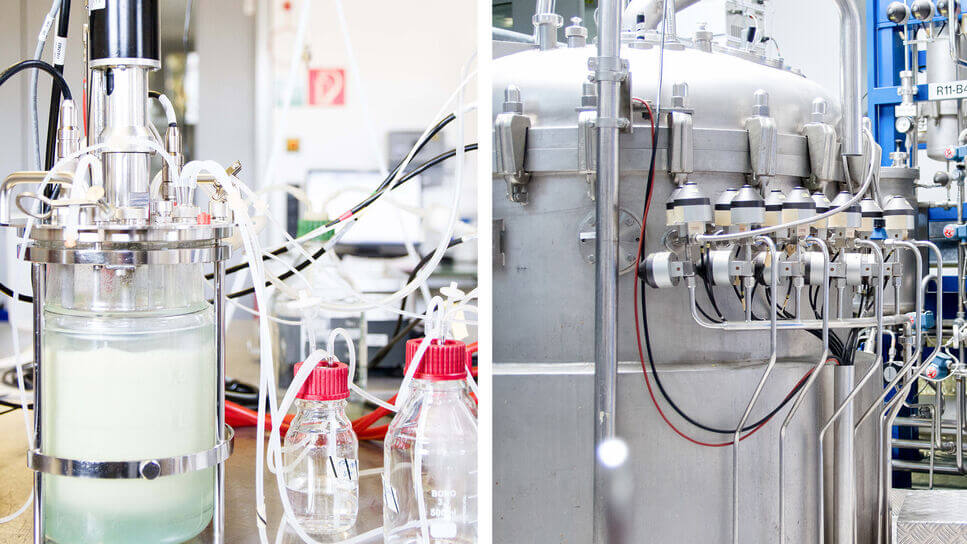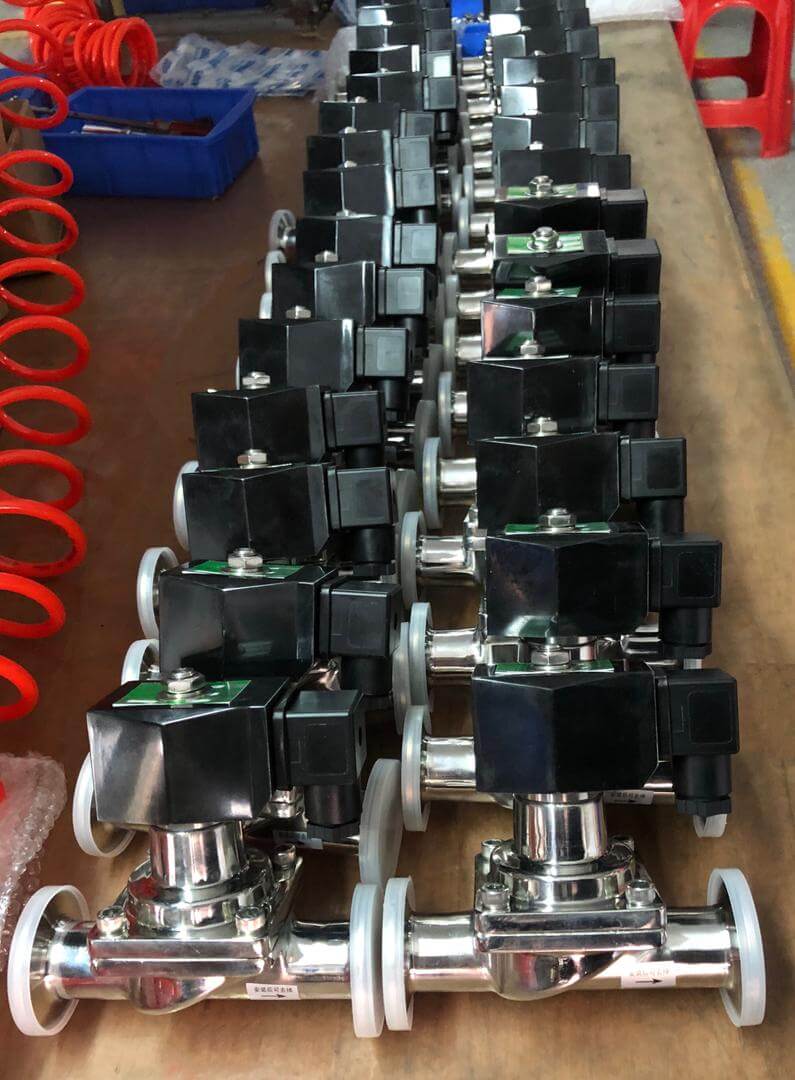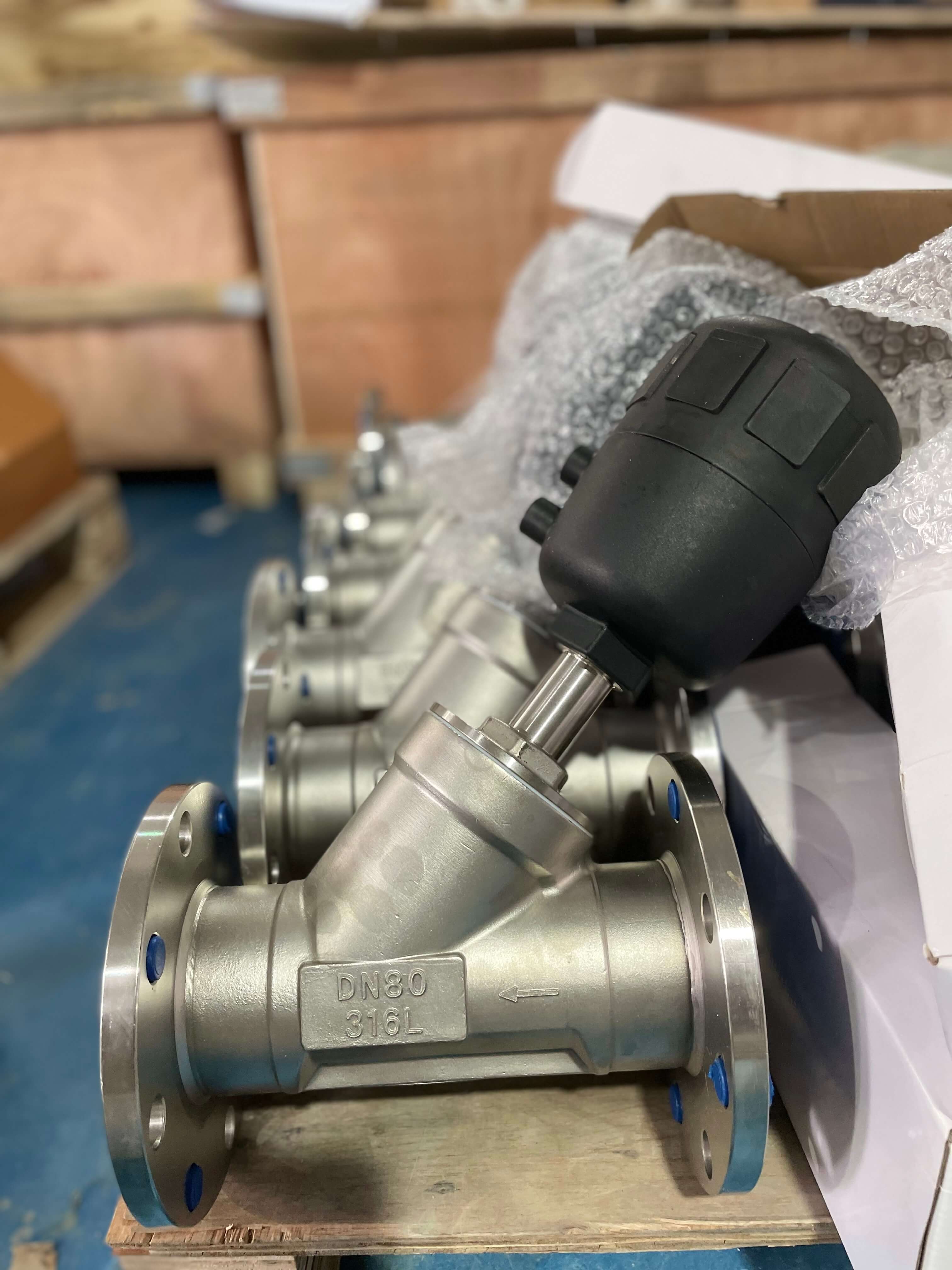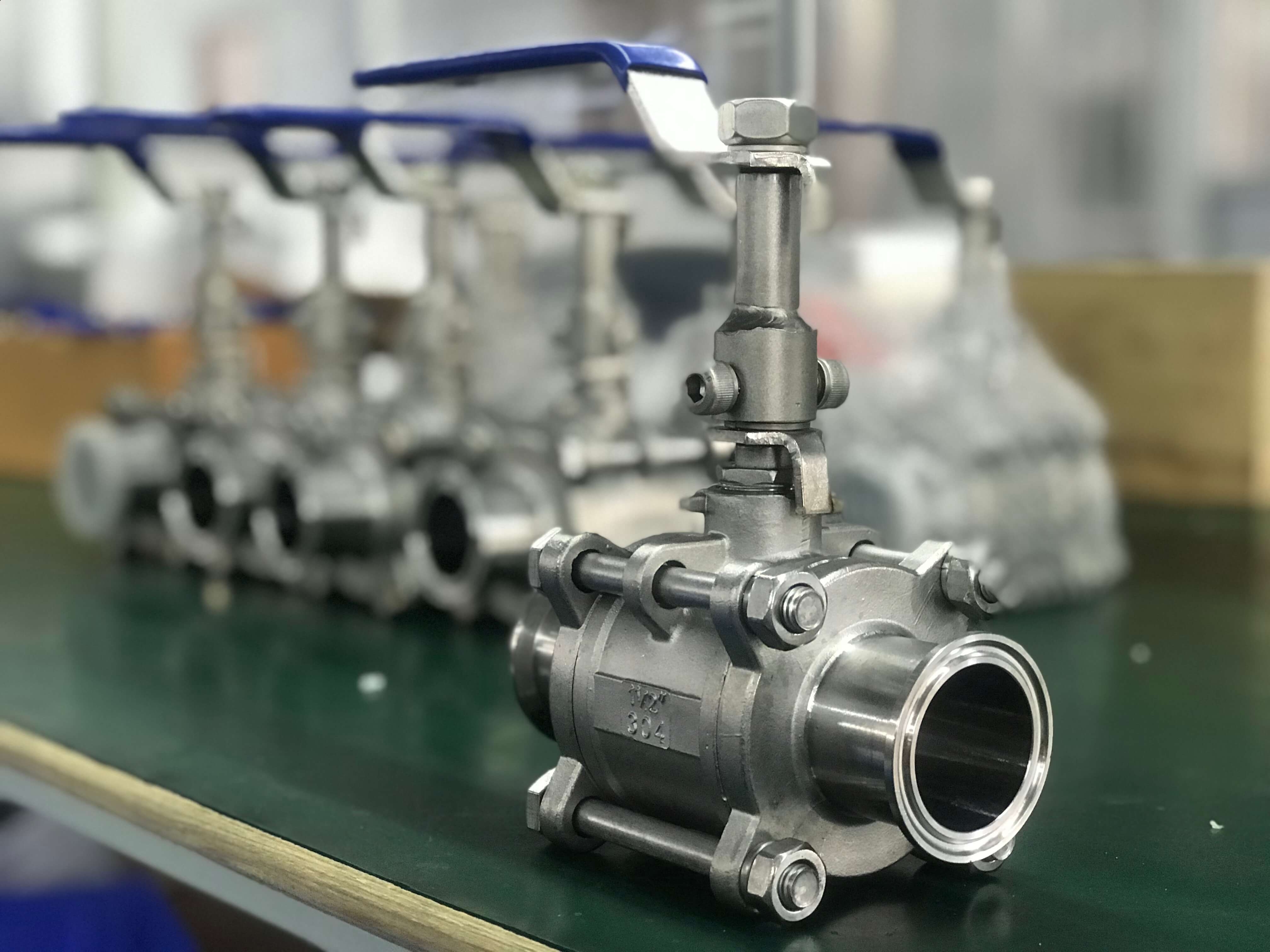LAB fermentation equipment refers to the equipment used for the fermentation of lactic acid bacteria (LAB) in various applications, such as in the production of probiotics, dairy products, fermented vegetables, and other fermented foods. This equipment can range from small-scale laboratory fermenters to large industrial-scale fermenters, and typically involves controlled conditions of temperature, pH, and aeration to optimize the growth and activity of the LAB. The equipment used in LAB fermentation may include fermenters, bioreactors, incubators, agitators, pumps, sensors, and various types of valves.
When it comes to lactic acid bacteria fermentation equipment, valves are a crucial component. Valves are key elements that control fluid flow and pressure, and are essential for ensuring the effectiveness and reliability of the fermentation process. In this article, we will explore the importance of valves in lactic acid bacteria fermentation equipment, and how to choose the right valves to ensure optimal fermentation results.

Source by brain-biotech
Valves in lactic acid bacteria fermentation equipment are typically used to control the flow of liquids or gases. Controlling the flow and pressure of liquids and gases is critical during the fermentation process. Choosing the right valves is essential for ensuring the effectiveness and reliability of the lactic acid bacteria fermentation equipment. Different types of valves are suitable for different applications, so careful selection is necessary.
One crucial component of the LAB fermentation process is using valves to control the flow of materials and to ensure that the fermentation environment remains sterile and free from contamination. These valves must meet strict hygiene standards to prevent harmful bacteria from growing and to ensure the safety of the final product. For example, when producing lactic acid bacteria, stainless steel valves are typically required. Valves used during the fermentation process must be designed to be easy to clean and disinfect, to prevent the accumulation of bacteria and other contaminants. This is achieved by using stainless steel smooth, polished surfaces that have no crevices or other areas where bacteria can grow. Common materials used include 304 and 316L, as they can withstand high temperatures and pressures and are easy to clean and maintain.
In addition, some valves can provide additional functionality, such as automatic control and monitoring, to ensure the stability and consistency of the fermentation process.
When selecting valves, the operating method must also be considered. Manual valves require manual operation and are therefore suitable for small-scale fermentation equipment. However, in large-scale industrial production, automatic valves are typically required to ensure efficient production and consistent quality. Automatic valves can use sensors and control systems to monitor and control the flow and pressure of fluids and gases, making the fermentation process more stable and reliable.
In lactic acid bacteria fermentation equipment, the following types of valves may be required:
Sanitary Solenoid Valve
Sanitary solenoid valves are critical in Lactic acid bacteria (LAB) fermentation. In this process, solenoid valves are used to control material flow, ensure a sterile fermentation environment, and prevent unnecessary contamination.
Pneumatic Angle Seat Valve
In LAB fermentation, pneumatic angle seat valves ensure the control of ventilation and discharge of the fermentation tank, ensuring proper gas exchange and discharge. This helps maintain the stability and consistency of the fermentation environment, ensuring the quality and safety of the final product.
Ball Valve
Ball valves consist of a rotating ball and a valve seat with a hole. As the ball rotates, it can control the flow of fluid or shut off the flow of fluid. Ball valves are typically made of materials such as stainless steel to ensure their corrosion resistance and hygiene.
It is important to note that choosing the right valves depends on the specific requirements of the application and the scale of the equipment. Therefore, when selecting valves, the operational and control requirements of the equipment must be carefully considered, and the appropriate valves must be selected to ensure optimal fermentation results.
COVNA Valve understands that the quality and hygiene standards of valves are crucial for ensuring the quality and safety of products during LAB fermentation. We provide customers with valves and solutions that comply with hygiene standards, with a professional and innovative attitude, to ensure our customers’ success in the LAB fermentation process. If you are looking for high-quality, hygienic valves and solutions, please contact COVNA Valve, and we will provide you with the best products and services.
Post time: May-25-2023







